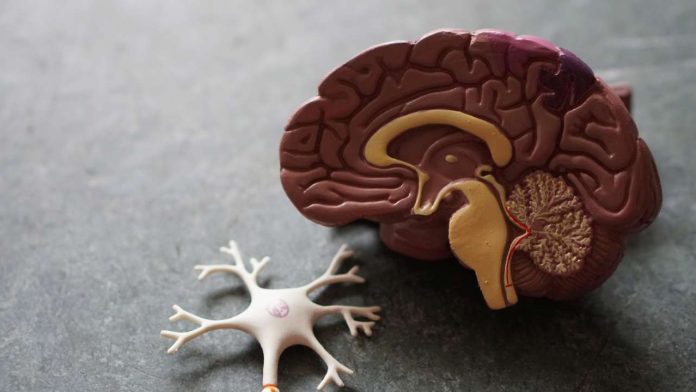With the age of maintaining good brain work, it is becoming increasingly important, and one of the key ways to achieve this is regular physical activity. Kim Johnson Getchett told this in an interview for the New York Post. She stressed that the movement of muscles not only maintains physical form, but also has a positive effect on brain work.
"The lack of muscle movement affects all aspects of life and, most importantly, on your brain," Getchett emphasized. According to her, physical activity is much closer to the health of the brain than many people think. Every time you play sports, the body distinguishes the growth factor of nerves - peptide, which is involved in the regulation of neurons in the brain.
Regular cardio training, as Getchett points out, increases blood flow to the brain, which helps to improve cognitive functions. "You can be surprised to learn that even a small daily movement reduces the risk of dementia," she said. This means that maintaining an active lifestyle is an effective method of preventing age -related changes in the brain.
In addition, Ghetchett explains that playing sports or even simple body movements that you have never done before, are equivalent to developing a new skill. This creates new neural ligaments in the brain, and repetition of these actions over time strengthens these ligaments, making them more stable.
For those who seek to maintain mobility and cognitive abilities with age, Getchett advises to do daily exercises and use muscles. She recommends that her patients start with simple exercises such as flexion of hands on biceps and squats on a stool. "Including exercises in their daily routine, people often return mentally more sharp and full of new vitality," she added.
Getchett advises to strive to 30 minutes of strength training three to four times a week and 25-30 minutes of physical activity daily. This simple approach to health can be the key to keeping clear mind and energy even in the elderly.


